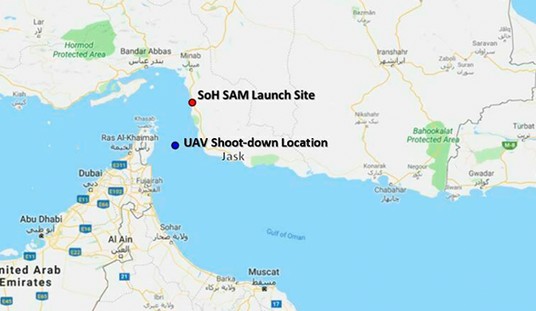Despite the hullabaloo over their own DOE-commissioned study released at the end of last year that finally concluded with the earth-shattering revelation that — brace yourselves — free trade is not a zero-sum game and protectionism only succeeds in making people the world over poorer, the Obama administration has been taking their sweet ol’ time approving the permits that natural gas companies need to be allowed to export their LNG all over the globe.
The administration has issued permits to three LNG export terminals this year, which is great, but that’s three out of the just four they have approved over the past five years. I doubt they want to appear too eager to support any form of fossil fuels (even relatively cleaner ones) in any overly hasty manner, even though they know that the only people even pretending to put up a fight against LNG exports anymore are the chemical and manufacturing interests who don’t want to see domestic natural-gas prices rise, with perhaps a handful of anti-fracking eco-radicals thrown into the mix.
And indeed, it’s true — natural gas prices in Europe and especially parts of Asia are often at least several times the going domestic rate, and a freer export scenario would likely mean a gradual jump in prices at home. The beneficiaries of said higher prices, however, would be the United States in the form of economic growth, i.e., wealth- and job-creation, and meanwhile, we have energy companies just twiddling their thumbs and waiting in line while the Obama administration puts on a good show of deliberating.
Besides the help it would offer them in weaning some of their dependence on less savory nations (looking at you, Russia), a bunch of countries are also pushing hard for the United States to export more gas to help increase the global market supply, reduce world prices, and help out their own struggling economic recoveries — which happened to be the topic of a specially-convened international meeting with Congress on Friday.
Via the National Journal:
Delegates from 10 countries—including Hungary, Haiti, India, Japan, and Thailand—argued for increased U.S. exports of liquefied natural gas to increase global energy security and strengthen diplomatic ties during a Thursday forum convened by the House Energy and Commerce Subcommittee on Energy and Power.
Delegates from Hungary and the Czech Republic said expanded LNG exports would bring U.S. gas into competition with Russia, the major supplier of oil and gas in eastern Europe. Increased competition, they argued, would drive down gas prices to the benefit of consumers.
“We need to have more competition to have affordable energy prices,” said Anita Orban, ambassador-at-large for energy security for the Hungarian Ministry of Foreign Affairs.
Representatives from Japan and Singapore also called for increased U.S. LNG exports, saying it would help diversify domestic energy markets.
“We are a small island state with no energy endowments of our own,” said Ashok Kumar Mirpuri, Singapore’s ambassador to the U.S.
While the Obama administration continues to hesitate on removing red tape from the industry supporting the bulk of his otherwise pathetic “recovery,” Canada is moving forward with expanding their export operations and picking up on the growth in which we could share. Tick, tock.








Join the conversation as a VIP Member